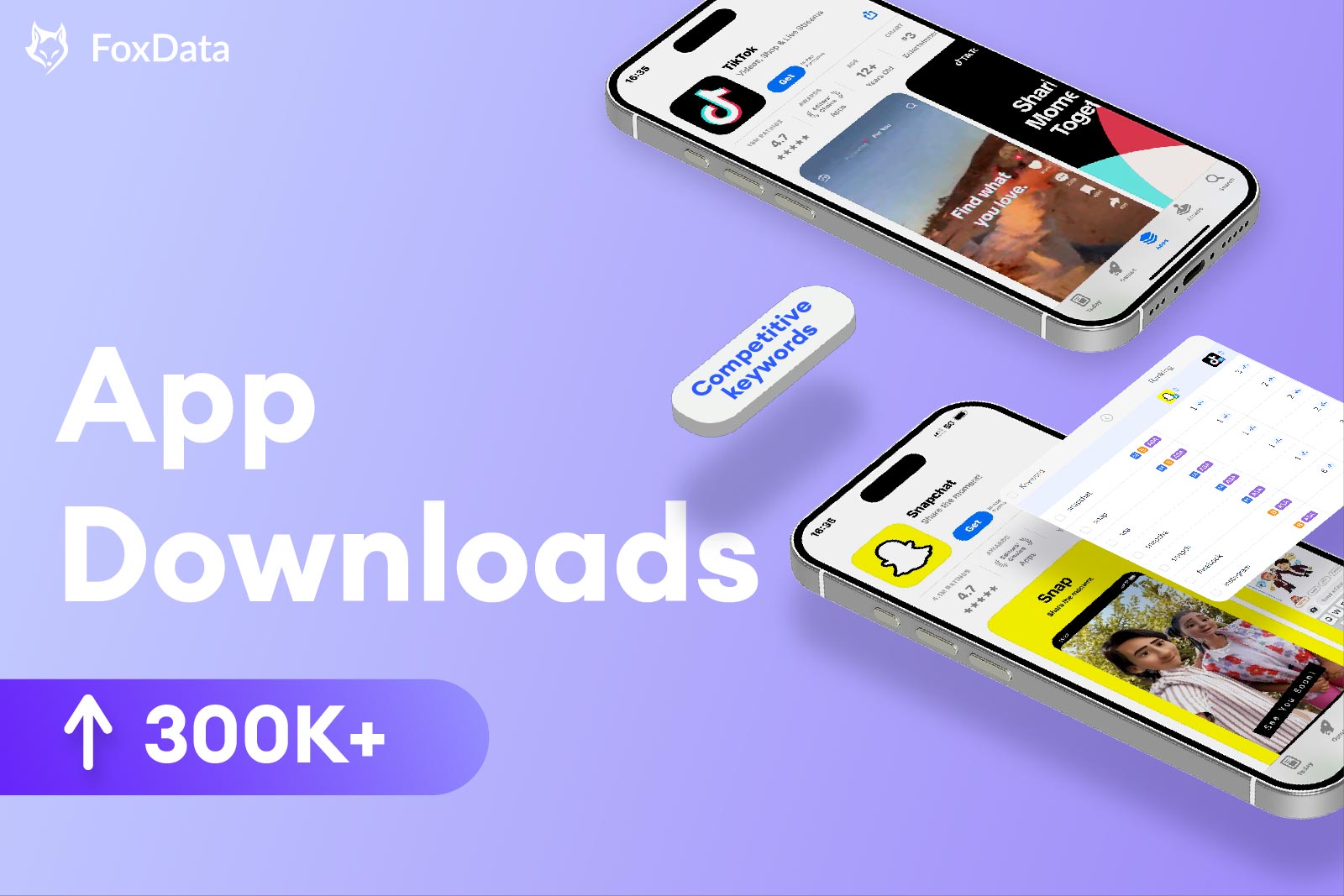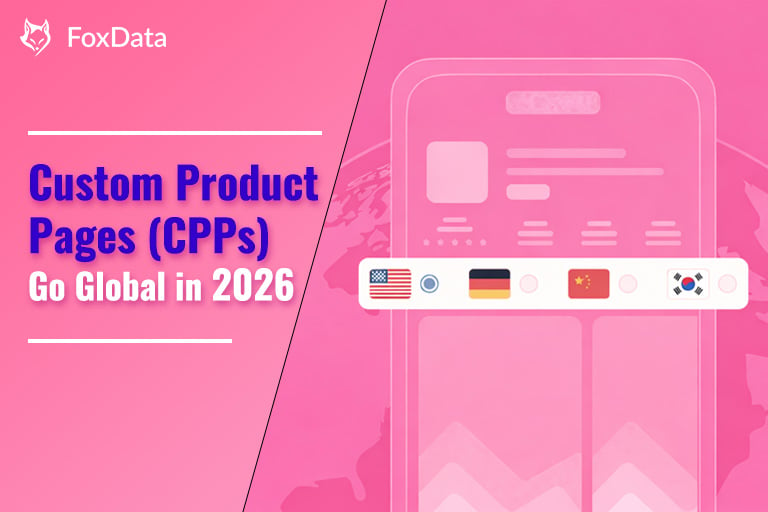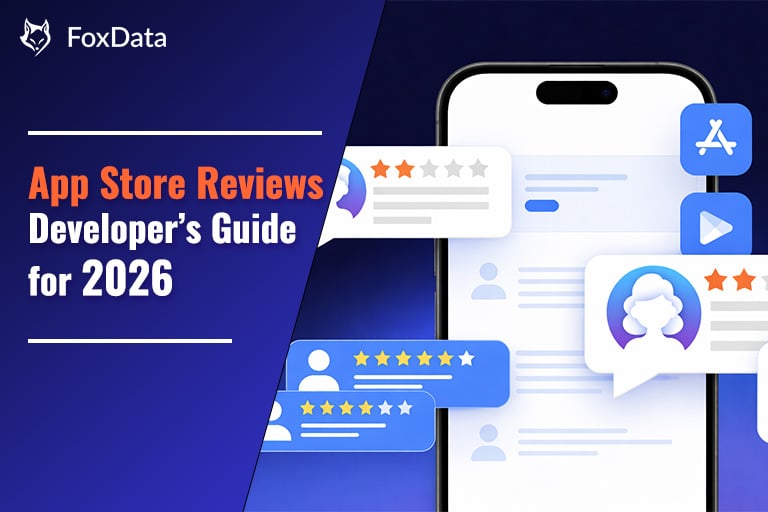How to Promote Your Apps for Seasonal Marketing in Summer 2024?
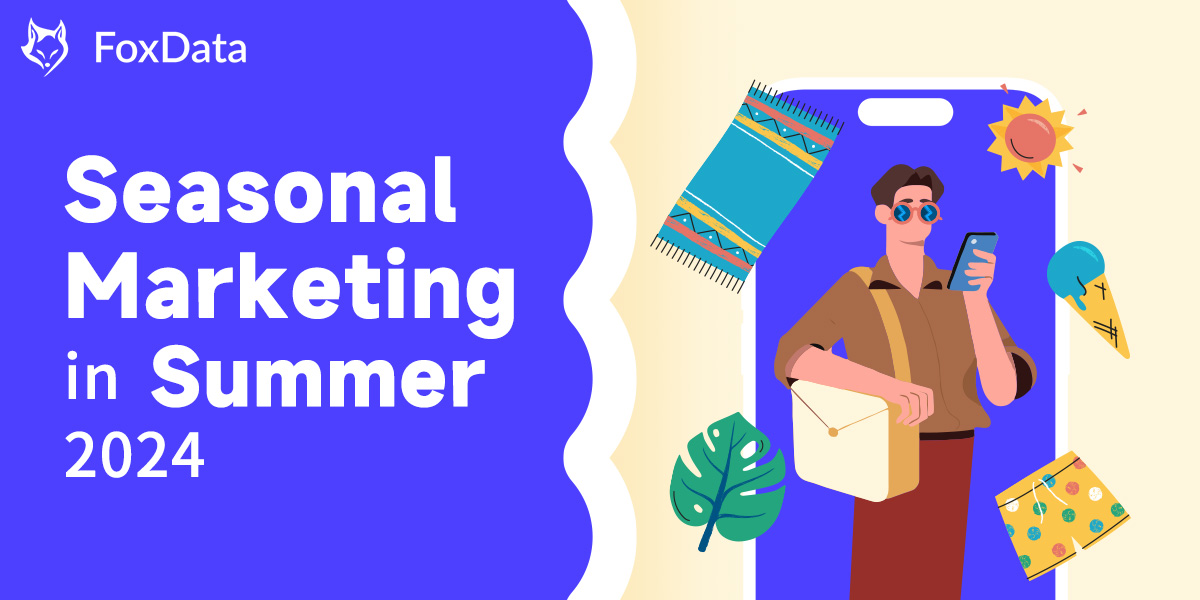
Seasonal marketing has become an essential strategy for app marketers aiming to drive downloads and engage users effectively. As we prepare for the summer of 2023, staying ahead of the curve and leveraging emerging trends is crucial to maximize advertising efforts.
Why Should We Focus on Seasonal Marketing in Summer?
Summer remains a prime season for mobile app downloads. App downloads saw a significant surge during the summer months of 2023. This trend is expected to continue and grow in 2024 as more users seek new apps to enhance their summer experiences.Additionally, as children enjoy their holidays, there has been a notable increase in downloads of games and apps for children aged 6 to 8. Parents often turn to mobile devices to keep their children entertained during this period.
Data from FoxData indicates that travel-related app downloads have skyrocketed with summer holidays in full swing, especially in. Tourists rely heavily on their smartphones for planning vacations, arranging accommodations, and finding local attractions.
Entertainment app downloads have also risen. People of all ages seek digital entertainment as they have more free time during the summer. Whether streaming TV shows and movies, enjoying music, or playing games, people are looking for ways to keep themselves entertained.
How to Promote Your Apps for Seasonal Marketing in Summer 2024
1. Customized Advertising
Leveraging Summer Themes
Utilizing Custom Product Pages (CPPs)
👉Related Blog: Unlocking Mobile Growth with Apple Search Ads and Custom Product Pages
2. Influencer Marketing
👉Related Blog: Influencer Pricing: decoding the true value
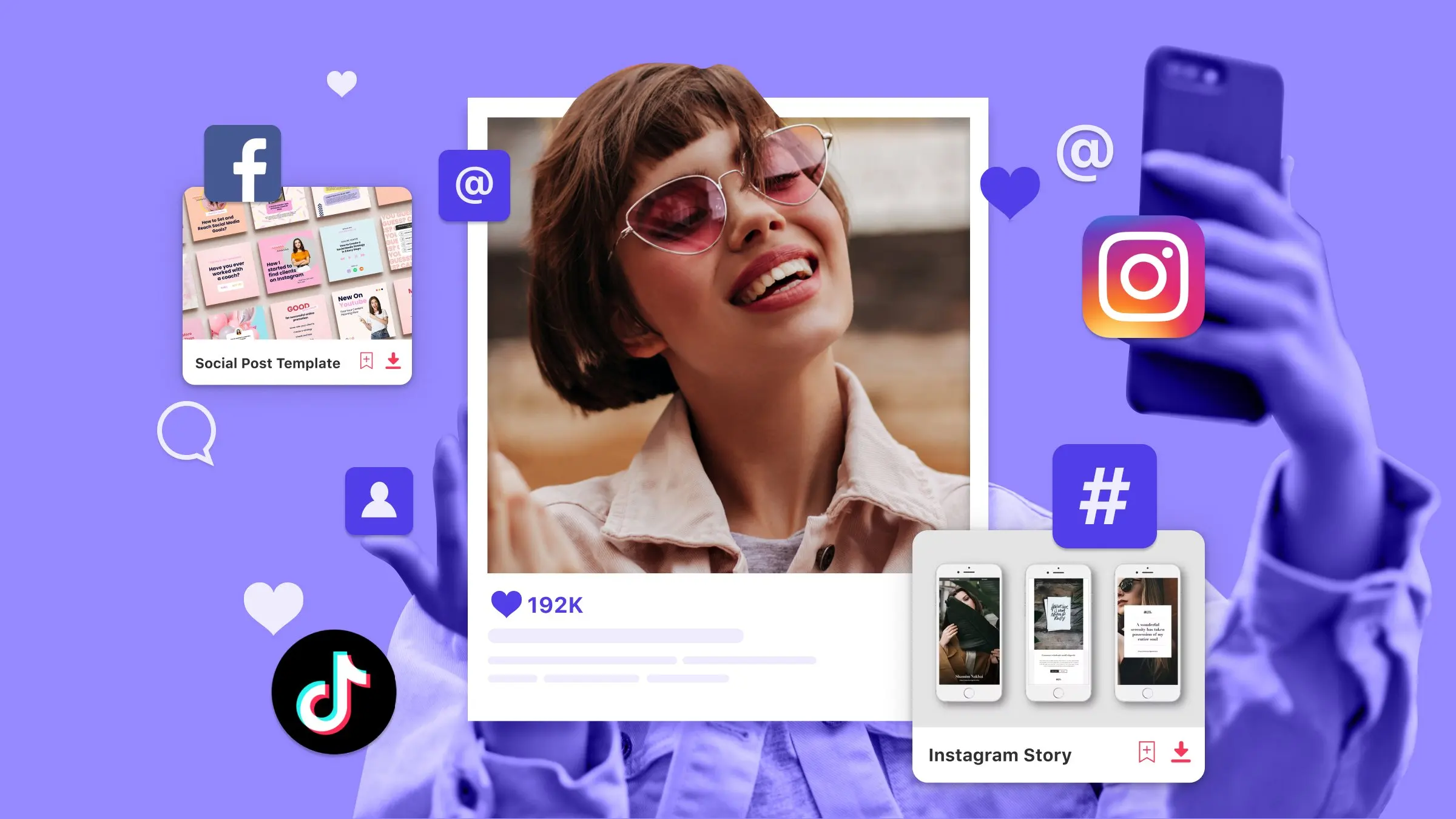
3. Interactive and Gamified Experiences
With summer upon us, people are in search of entertainment and excitement. To engage your target audience effectively, incorporating interactive and gamified experiences into your app marketing strategy can be highly beneficial.
Leverage this trend by integrating gamified elements into your advertisements, such as interactive quizzes, mini-games, or challenges. These types of interactive ads not only make your campaigns memorable but also promote active user engagement.
Offering rewards for participation, like exclusive discounts or access to additional features, can heighten excitement and motivate more app downloads.
👏Expert Note: It's crucial to ensure that these interactive elements align well with your app’s main functions and that the transition from the ad to the app is smooth. This includes efficient user onboarding to provide a seamless and enjoyable experience.
4. Region-Specific and Geo-Targeted Campaigns
During the summer, there's an increased interest in local activities and exploration. Capitalize on this trend by optimizing your app campaigns with localized and geo-targeted advertising.
"Think with Google" has reported a staggering 900% increase in "near me" searches over the past two years. Customize your app ads for specific locations and include pertinent local details, such as nearby attractions, events, or exclusive local offers.
By presenting content that aligns with the summer activities people are searching for locally, your ads can attract those actively looking to engage in their surroundings. Make use of the location-based targeting features available on advertising platforms to ensure your ads reach the appropriate audience at the optimal time.
This strategy not only enhances the relevance of your ads but also boosts the likelihood of app downloads and user engagement.
5. Leveraging Seasonal Events and Holiday Themes
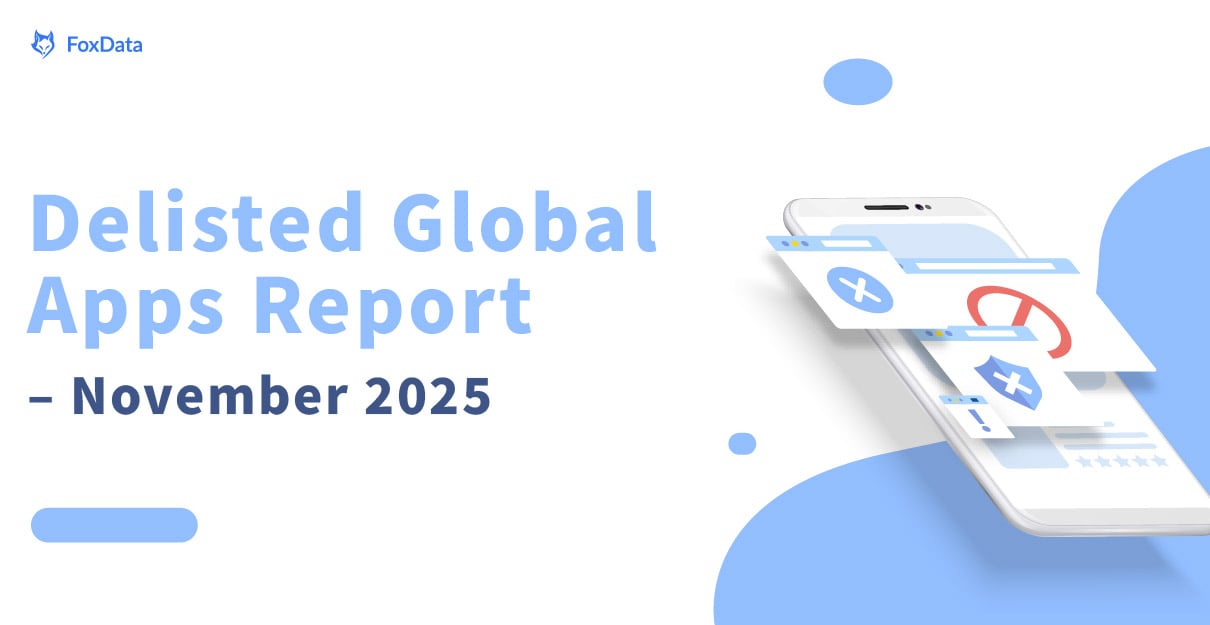 Explore the Global App Delisting Report
Explore the Global App Delisting Report
Dive into the latest global app delisting data to uncover key trends, platform insights, and what app removals reveal about the app market in November 2025.
Get the Report
6. Harnessing the Power of User-Generated Content

Dive into the latest global app delisting data to uncover key trends, platform insights, and what app removals reveal about the app market in November 2025.
User-generated content (UGC) has become an influential tool for brands to authentically connect with their audiences. According to a survey by Stackla, 79% of consumers say UGC significantly influences their buying decisions. Encourage your app users to create and share content that captures their summer moments with your app.
You might organize UGC contests, highlight top submissions, and offer incentives to encourage active participation. This approach not only generates authentic content but also builds a community around your app.
Promote user stories, photos, or videos on your social media channels and within your app to display the genuine experiences of your users.
Moreover, incorporate UGC in your advertisements to foster trust and engagement. When potential users see others enjoying and benefiting from your app, they are more likely to be convinced to download and engage with it.
👉Related Blog: Why is UGC So Prevalent in Mobile Game Advertising?
7. Embracing Augmented Reality (AR) Experiences
Augmented Reality (AR) has seen a surge in popularity, becoming a significant trend within the marketing sector. By integrating AR into your app advertisements, you can offer users immersive and interactive experiences that stand out. For example, if your app is focused on shopping, you could enable users to virtually try on summer attire or see how outdoor furniture would look in their backyard. According to Statista, the largest market segment within AR & VR market is AR Software, which is expected to reach a market volume of US$13.0bn in 2024.
Incorporating AR can provide your app with a competitive advantage, appealing to tech-savvy consumers who are on the lookout for cutting-edge experiences. Consider partnering with AR development firms or utilizing AR platforms to design engaging ads that highlight the unique features and benefits of your app.
Conclusion
As summer 2024 progresses, it's crucial for app marketers to stay attuned to the latest seasonal marketing trends to enhance app downloads and user engagement.
Embracing strategies such as influencer marketing, interactive and gamified experiences, localized and geo-targeted campaigns, seasonal event promotions, user-generated content, and augmented reality experiences will likely yield positive results.
Keeping up with the evolving app ecosystem and implementing these strategies will help you craft effective marketing campaigns that resonate with your target audience. This approach is expected to boost app downloads, increase user engagement, and ensure long-term success for your app.
For further assistance or to explore successful app marketing strategies tailored to your needs, feel free to click here to read more.
If you're seeking a partner to amplify your app marketing efforts, don't hesitate to get in touch with our experts.



